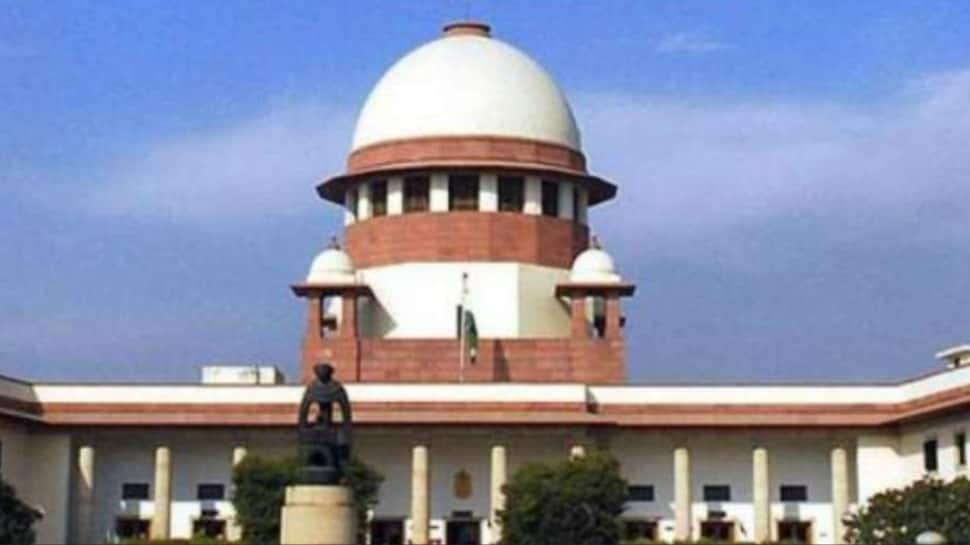 |
|
The Congress party has initiated legal action against recent amendments to the Conduct of Election Rules, 1961, arguing that these changes significantly undermine the transparency and integrity of the Indian electoral process. The amendments, implemented based on a recommendation from the Election Commission of India (ECI), restrict public access to crucial electronic documents related to elections. This includes limiting access to CCTV footage, webcasting recordings, and video recordings of candidates. The stated rationale behind these changes is to prevent the misuse of this information. However, the Congress party vehemently contests this justification, asserting that these limitations severely curtail public scrutiny of the electoral process, thereby increasing the potential for irregularities and manipulation.
The heart of the Congress's argument lies in the claim that the ECI, while a constitutional body entrusted with ensuring free and fair elections, overstepped its authority by unilaterally amending the rules without adequate public consultation. Jairam Ramesh, a prominent Congress leader, explicitly criticized the ECI's actions, stating that such a vital law cannot be altered in such a ‘brazen’ manner without engaging in transparent and inclusive discussions with the public. He emphasized the crucial role of public access to information in maintaining accountability and transparency within the election system. The lack of public consultation, he argued, raises serious concerns about the fairness and impartiality of the electoral process and suggests a potential attempt to limit scrutiny of the election conduct.
The legal challenge filed by the Congress in the Supreme Court seeks to overturn the amendments and restore public access to the previously accessible electronic documents. The success of this challenge will depend on the Court's interpretation of the ECI's authority and its assessment of the balance between the need for transparency and the potential for misuse of information. The case will undoubtedly scrutinize the ECI's decision-making process and its compliance with established norms of transparency and public consultation. Furthermore, the case raises broader questions about the extent to which the ECI should be allowed to unilaterally amend election rules and the importance of public participation in shaping electoral regulations. The outcome could significantly impact the future conduct of elections in India and the level of public trust in the electoral process.
The implications of this legal battle extend beyond the specific amendments in question. It touches upon fundamental principles of transparency, accountability, and the public’s right to information in a democratic system. If the Supreme Court upholds the amendments, it could set a precedent that weakens the public's ability to scrutinize electoral processes, potentially emboldening actions that undermine free and fair elections. Conversely, a ruling against the amendments could strengthen transparency norms and reaffirm the importance of public participation in safeguarding the integrity of the electoral system. The case, therefore, has far-reaching implications for the future of Indian democracy and the safeguarding of its electoral integrity.
The Congress party’s decision to challenge the amendments highlights a growing concern among opposition parties about the erosion of democratic norms and institutions in India. The case underscores the vital role of an independent judiciary in safeguarding democratic principles and upholding the public's right to a free and fair electoral system. The outcome will be closely watched not only by political actors but also by civil society organizations, election observers, and all citizens concerned about the health of India's democracy. The decision of the Supreme Court will determine whether the concerns regarding the erosion of electoral integrity are valid and whether the current amendments are consistent with the spirit and principles of a robust democracy.
The debate surrounding the amendments and the subsequent legal challenge also touches upon the broader issue of the balance between transparency and security. While there is a legitimate concern about preventing misuse of election-related data, the Congress party argues that the current amendments are disproportionate and excessively restrictive. The case raises important questions about how to effectively balance these competing interests and ensure that security measures do not come at the expense of transparency and public accountability. This complex issue warrants a thorough examination and careful consideration by the judiciary.
Source: ‘Integrity Of Poll Process Eroding’: Congress Moves SC Over Election Rule Tweek
